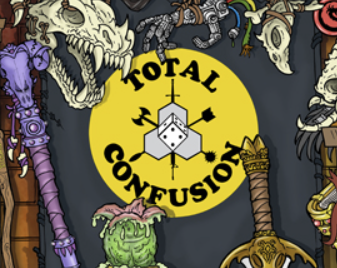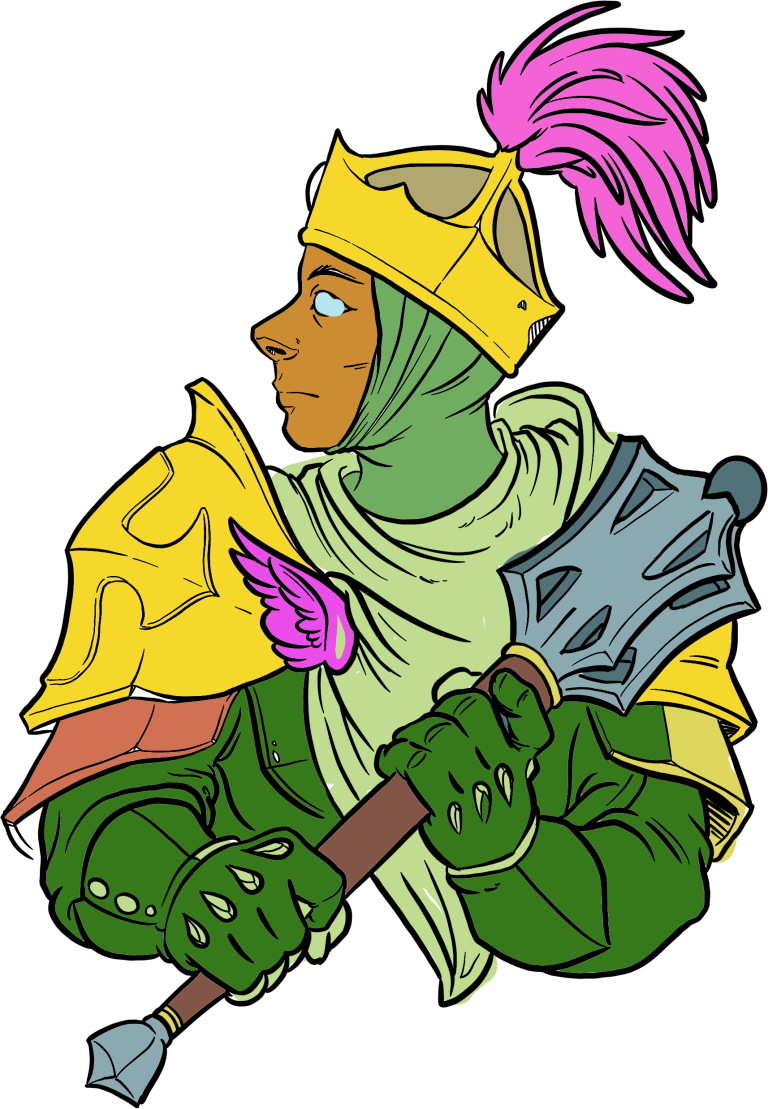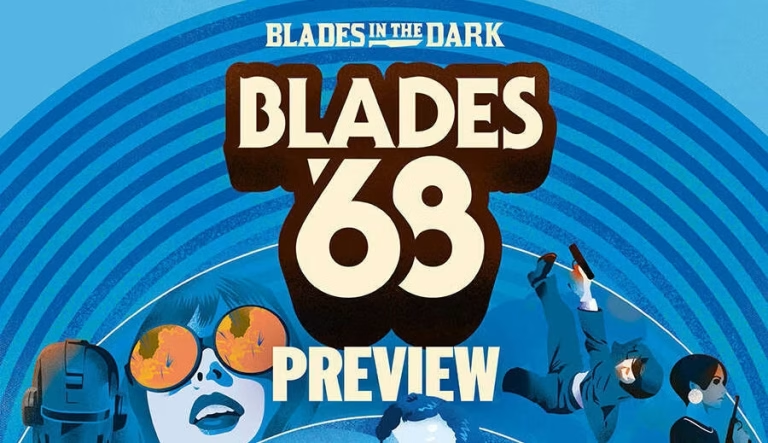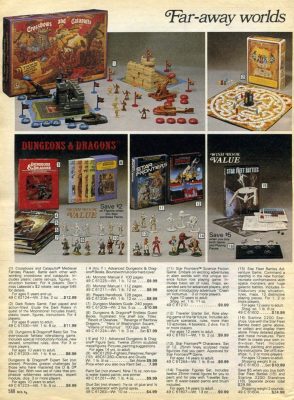By Jason Campbell
In the long term 5e campaign I’m GMing set in Monte Cook Games’ Ptolus setting I had the need to run a mass combat, as a barbarian horde approached to invade the city. I had read the Dungeon Masters’ Guide and what people like Mike Shea had written about mass combat. I hadn’t read Matt Colville’s Kingdom’s and Warfare but I was familiar with the concepts used. I borrowed some of these ideas, but ended up creating a system specifically for this battle.
The Basics
In this battle the five PCs would have individual battles with the powerful leaders of the horde, while their allied troops fought the invading horde. While the horde was made of similar creatures, the PC’s allies were a mix of all sorts of warriors, from city guards to wizards and dragons. As the allies consisted of ten groups with different attacks and abilities I couldn’t just simplify the battle to d20 rolls for x number of troops. I wanted each group to have different attack options and not have the whole battle come down to a bunch of d20 rolls.
The Philosophy
I wanted a system built around 2 principles:
- The success or failure of the PC’s allied troops should be dependent on the success of the PC’s individual battles. I wasn’t looking for realism, just that the players would have an influence over the overall battle.
- I didn’t want the players (or me) to be overwhelmed with lots of d20 rolls. I wanted the battle to be fun while playing, not a slog.
Health and Damage for Groups
I ended up creating and sharing with my players a Google sheet with each allied group pitted against a group of 10% of the barbarian horde. Each group, both allies and the invading horde, are measured not by hit points, but by the % of strength. The % of strength represents the number of combatants left based on their original number. A 80% group strength score meant that 20% of the group were killed, wounded or just abandoned the fight.
Individual Combat Round
I estimated that the individual battles of the PCs would likely take 5 rounds at most,so the larger battle should take about the same number of rounds. The battle began with the individual battles of the PCs against the horde leaders using standard 5e initiative. I took notes about each PC’s action and each of their enemy’s actions, assessing whether the PC or the enemy horde leader had a more successful action that round. This would be used later in the group attack rounds.
Group Combat Round
After a round of the individual PC vs. horde leader battle was resolved, we moved on to a round of the group combat. Each player controlled 2 of the allied groups, and each round that player would roll a d20 for each of their groups. A result between 2-15 meant standard damage of -20% of the enemy group, with rolls of 16+ doing additional damage (16=-25%, 17=-30%, 18=-35%, 19=-40%, 20=-50%) and a roll of 1 signified a catastrophic failure such as an earthquake swallowing the group.
For each controlling player, whichever side was more successful in their individual battle would have advantage when they rolled the attacks of the groups they controlled (likewise for the GM rolling for the invading horde groups).
How Did it Work?
Our game sessions are 2.5 hours each week, and this battle took 2 full sessions. As the PCs were 14th level they had many abilities, including summoning creatures, which lengthened the time of the battle. I asked for feedback after the sessions and the players said they enjoyed both the individual battles and the larger battle. It seemed to hit a good compromise between representing a large scale battle and still being a fun mini game. This may not be the ideal solution for all 5e based mass combats, it just worked for our table. If your group is looking for more realism, you might not agree with some of the concessions I made. Likewise if your table doesn’t enjoy combat you may need additional simplifications.
What do you think about this system? What have you used for mass combat in RPGs? Let us know in the comments!





